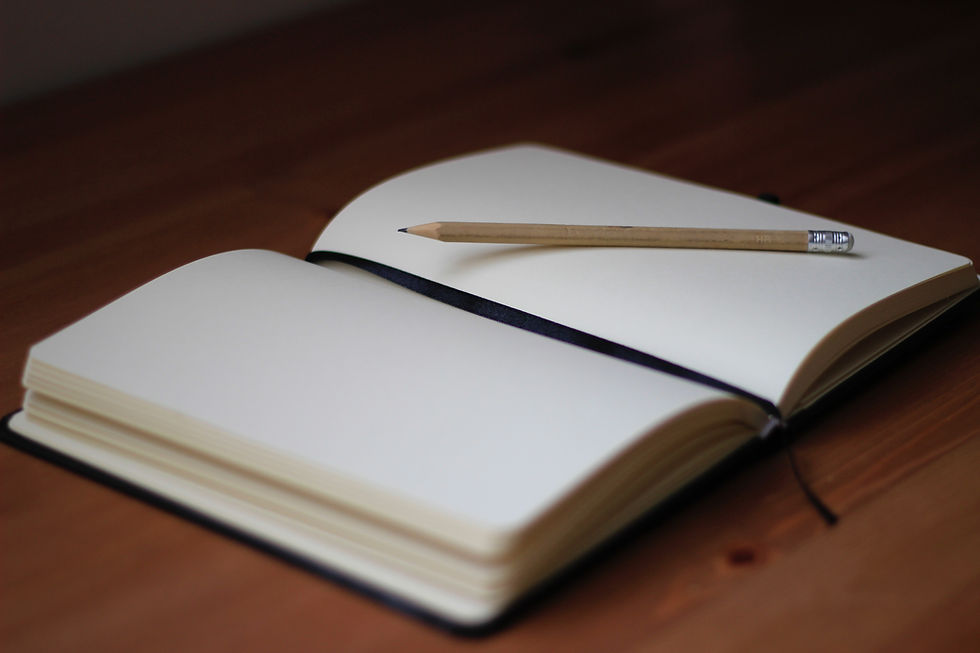
5 reasons I hated therapy*:
When my therapist diagnosed me with depression, it surprised everyone but me. I had felt the sadness in my stomach grow heavier, more viscous. When it finally leaked from the carefully contained chamber of my mind, leading to my first failed math test, my mother booked me an appointment with a professional.
#1 I hated opening up. It went against my instincts. I was used to tucking my feelings under caffeine rushes, eyeliner, and choppy poetry that refused to roll off of the tongue. I couldn’t stand the vulnerability that came with articulating emptiness without the layer of protection provided by artistry. Stripped clean of metaphors, the things I thought about myself were hideous, terrifying to speak and even worse to listen to. The thing about growing up as the eldest daughter in a Bangladeshi household (i.e. a household that is loud and demands things of you loudly) is that you make it a habit to be quiet. And being coaxed out of it? It feels like breaking a fast, the first sip of water glorious, but after you’re already suffocatingly full.
#2 She’d give me homework. A chart to map my mental health over the week: How would you rate your mood out of 10? What are you thinking/feeling/doing when you cry? I started journaling, miles of raw stream of consciousness, sometimes tear-stained, till I abruptly ran out of steam. I started practicing math too, which had become so central to my anxiety that I had to avoid it. When I got back the next test with a perfect score, I felt this staggering sense of relief. My therapist had told me my sense of self worth shouldn’t depend on my academic performance, and of course it shouldn’t – but I realized in that moment that it gave me some semblance of control.
#3 It used up my weekends. It was only an hour on Saturdays if time is only counted in minutes. But from inside the pile of awful memories that I had to drag like dirty clothes into each session, it felt like forever. Therapy meant dragging the worst points out of every week and laying them out for dissection. I’d begin to enjoy things again, eating, reading, and playing guitar. But after Saturday mornings, it was hard to remember where I was and that I was supposed to be past the storm. I was supposed to be able to see the light.
#4 It was so expensive. The guilt followed me around. After every session, I would question if it was worth it. No matter how often my mother told me it was. In Bangladesh, mental health resources are difficult to come by, and the result was I was sure that if I had gotten better at hiding the sadness, I wouldn’t need to be here at all.
#5 My parents tried, but they didn’t completely understand. My mother’s guilt was heavy around her, and my father’s was sharp. Forever a man of science, he didn’t believe in what he couldn’t see, and I never cried where people were watching. He talked about it in the brusque, dismissive manner of men hearing things they don’t want to hear, but he stayed near, a solid presence, and hugged me goodnight. My mother tried to hold me all the time and asked how I was feeling and apologized incessantly. It hurt them that I was hurting, and it hurt me that they were hurting, and so, I saw it through. So that I could tell them I’d be okay, and hopefully believe it.
* +1 reason I didn’t:
I aced my math exams later that year, but that isn’t the point. I also got my father to tell me he loved me. Multiple times. Over and over.
Editor: Sam L.
